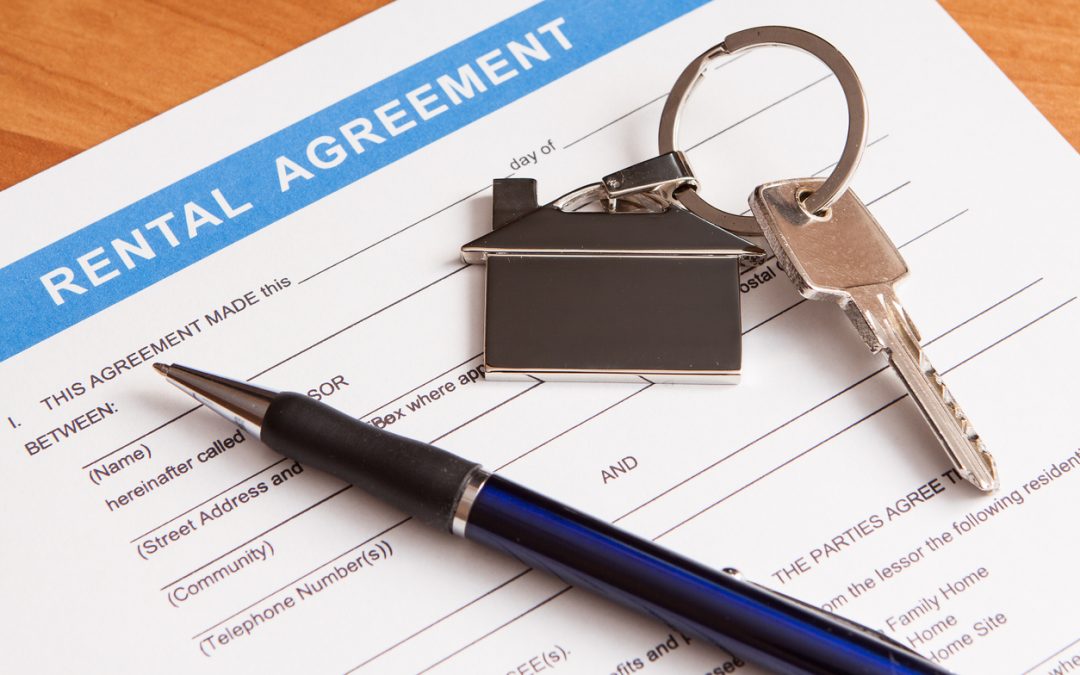In the realm of renting, a written lease agreement serves as a crucial safeguard for both tenants and landlords alike. Few documents carry as much weight and importance as the lease agreement and yet, some landlords still operate without a written lease agreement in place. While verbal agreements may seem convenient, they often lead to misunderstandings and disputes down the line. This second article in a series designed to educate the reader on common mistakes landlords make and solutions to avoid them discusses why every landlord in California should have a written lease agreement.
Establishing Community Rules: A written lease agreement allows landlords to set clear rules and guidelines for the community, ensuring a harmonious living environment for all tenants. These rules can cover issues such as noise levels, pet policies, parking regulations, and more. Having these rules in writing helps prevent misunderstandings and conflicts among tenants.
Setting Insurance Requirements: A well-drafted lease agreement can include provisions requiring tenants to obtain renters insurance. This not only protects the tenant’s personal belongings but also reduces liability for both parties in the event of accidents or property damage. By specifying insurance requirements in writing, landlords can protect their interests and minimize financial risks.
Memorializing Rent Obligations: Perhaps the most critical aspect of a written lease agreement is its ability to clearly outline the understanding between the landlord and tenant regarding rent obligations. This includes the amount of rent, due date, acceptable payment methods, and consequences for late payments. Having these terms in writing ensures that both parties are on the same page and helps prevent disputes over rent payments.
Providing Necessary Disclosures: California law requires landlords to provide certain disclosures to tenants, such as information about lead-based paint hazards, dampness and mold, bedbug infestations, and the presence of a methamphetamine contamination cleanup site, among other potential health and safety risks. A written lease agreement provides a convenient way for landlords to fulfill these disclosure requirements and ensures that tenants are aware of any relevant issues.
Notice of Exemption: In jurisdictions with rent control or eviction protection ordinances, landlords may be required to provide tenants with notice of any exemptions that apply to the rental property. This could include properties that are exempt from rent caps or eviction protections due to factors such as age, size, or ownership status. Including this information in the lease agreement helps tenants understand their rights and protections under the law. Furthermore, for tenancies entered into on or after July 1, 2020, these notices are required to be provided in the rental agreement.
In addition to these specific benefits, having a written lease agreement offers broader advantages for landlords, including:
Legal Protection: A well-drafted lease agreement can provide landlords with legal protection in the event of disputes or litigation with tenants. It serves as a binding contract that outlines the rights and obligations of both parties, reducing the likelihood of misunderstandings or disagreements.
Attorney’s Fees Provisions: A well-drafted lease agreement provides that in the event of a legal dispute related to the lease, the prevailing party will be entitled to recover their attorney fees and costs. This provision not only encourages resolution without court intervention, as parties are more likely to avoid the cost of litigation, but it provides assurance to landlords if informal resolution proves ineffective.
Professionalism and Credibility: Having a written lease agreement demonstrates professionalism and credibility on the part of the landlord. It shows tenants that the landlord takes their responsibilities seriously and is committed to conducting business in a transparent and professional manner.
In conclusion, the decision to operate without a written lease agreement is a risky proposition for landlords in California. By having a written agreement in place, landlords can establish clear rules, protect their interests, and minimize legal risks. Drafting a lease is thus a small investment that can yield significant benefits in the long run, making it an essential tool for landlords in today’s rental market.
